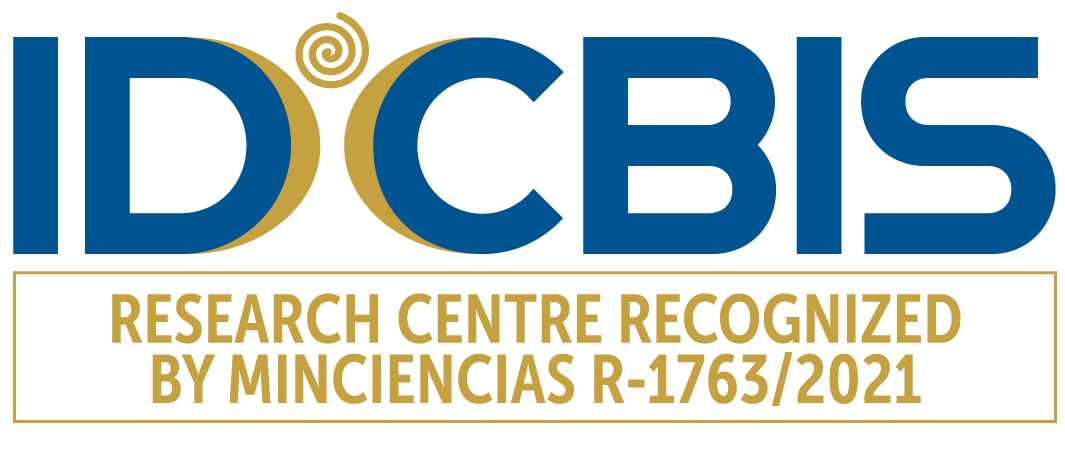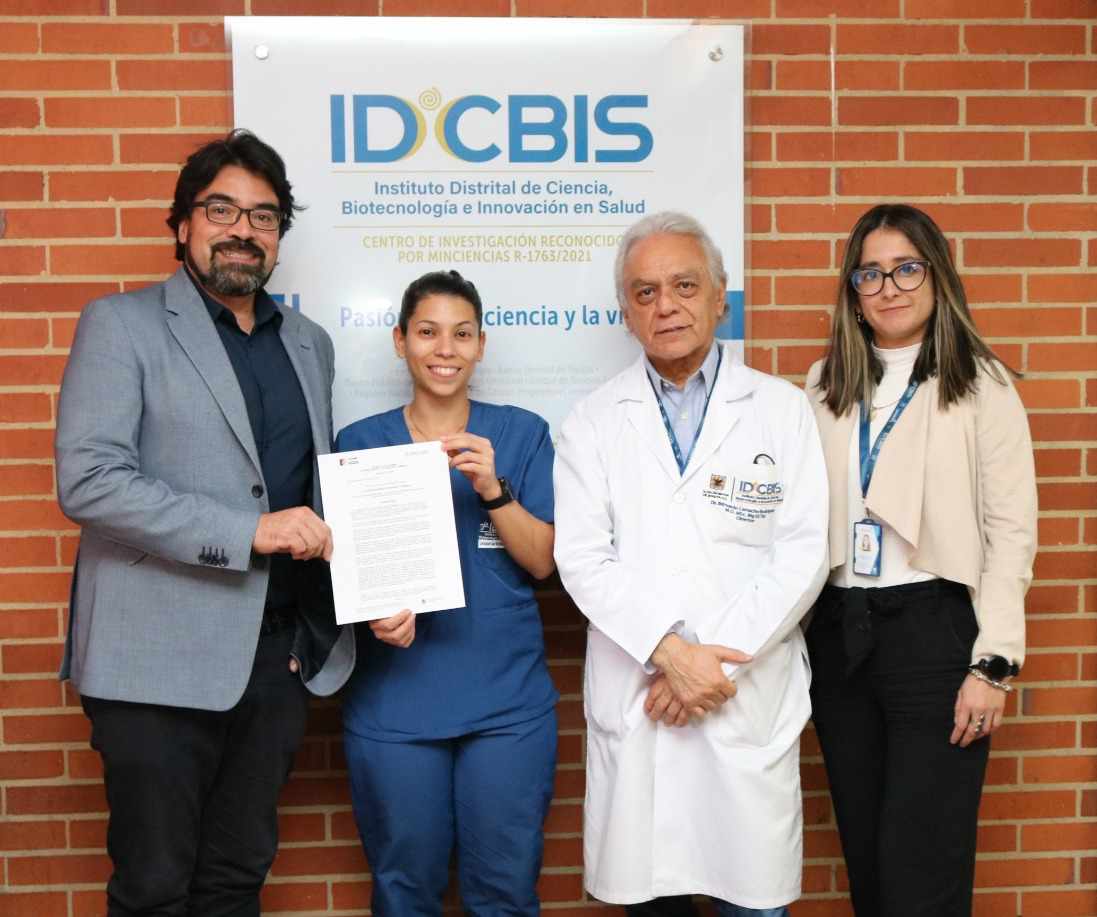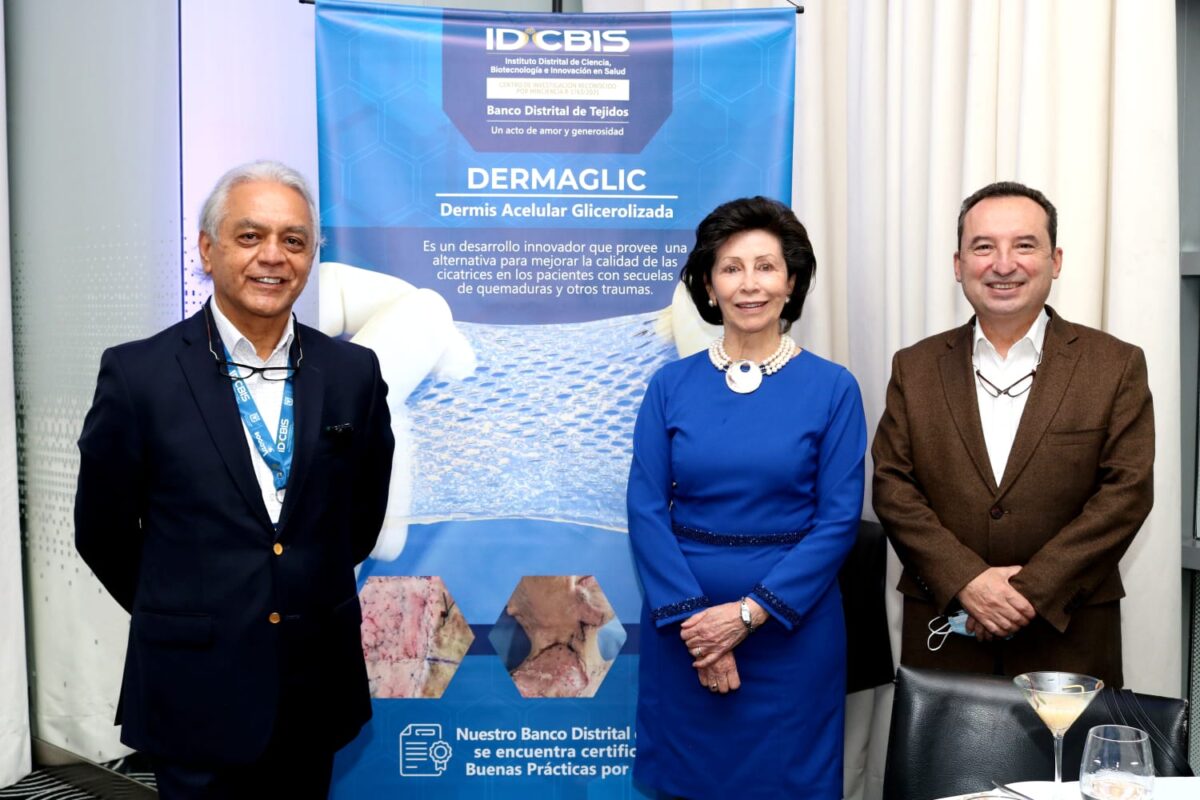Seguimos avanzando en investigación. Nuestro Instituto ha recibido su primera patente para el desarrollo de tratamientos con células mesenquimales.
Los productos medicinales de terapia avanzada son una nueva generación de productos terapéuticos para el tratamiento efectivo de enfermedades complejas y de alto impacto. La Unidad de Terapias Avanzadas (UTA) del IDCBIS viene liderando el avance de este importante campo de la biotecnología a partir de la implementación de capacidades científicas y tecnológicas para generar medicinas mas costo-efectivas que resuelvan problemas específicos en salud de la población.
En este proceso, la UTA desarrolla diferentes innovaciones que incluyen nuevos métodos para la producción biofarmacéutica de productos de terapia avanzada, que en la actualidad se encuentran en procesos de protección intelectual. En ese sentido la Superintendencia de Industria y Comercio concedió la primera patente al IDCBIS denominada “Método de estimulación de células estromales mesenquimales para inducir expresión de factores inmunomoduladores”, una tecnología desarrollada por investigadores de la UTA.
Con esta tecnología se pueden generar productos medicinales para tratar enfermedades que por su componente altamente inflamatorio, causan la degeneración y pérdida de función de diferentes tejidos y órganos. La patente concede la propiedad al IDCBIS sobre una nueva metodología para la producción de este tipo de medicamentos a partir de la potenciación del efecto antiinflamatorio de células estromales mesenquimales, como principio activo de estos nuevos medicamentos biotecnológicos.
Con este logro, el IDCBIS se posiciona en el sector de investigación e innovación biotecnológico como centro de desarrollo de terapias avanzadas para el servicio del sector salud en el Distrito y el país.















